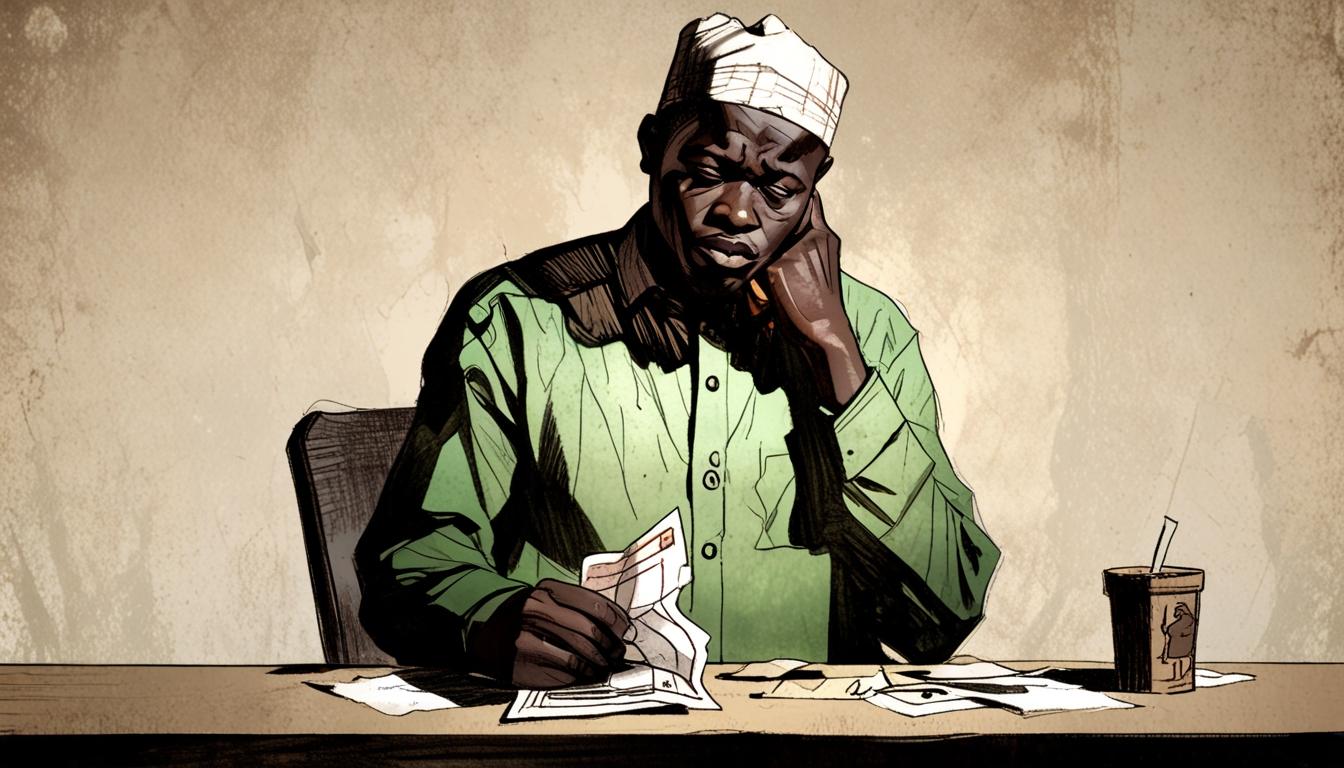Former presidential adviser and ex-lawmaker Dr. Usman Bugaje has issued a stark warning about the perilous state of Nigeria's democracy, highlighting a disturbing trend in which the ruling party seeks to subvert democratic principles through financial enticements and coercion. Speaking candidly to Arise TV, Dr. Bugaje condemned these tactics, exposing a political reality where money, rather than ideology or genuine public service, dictates political allegiance.
Dr. Bugaje, with his extensive experience and insight into Nigeria’s political workings, revealed that the ruling party's method of pulling opposition figures from the Peoples Democratic Party (PDP) is less about shared vision and far more about transactional payments and intimidation. "As long as money remains the deciding factor," he warned, "democracy itself is finished."
Prominent political figures like Delta State Governor Sheriff Oborevwori and his predecessor Ifeanyi Okowa, among others, have recently defected under suspicious circumstances, calling into question the integrity and loyalty within Nigerian politics. Dr. Bugaje pointedly suggested that these defections are not spontaneous acts of conscience but are often the product of monetary influence or even threats.
More troublingly, Dr. Bugaje highlighted the apparent misuse of the Economic and Financial Crimes Commission (EFCC) as a political weapon to intimidate opponents and force defections, a practice with dangerous implications for governance and anti-corruption efforts alike. “If true,” he stated, “then the ruling party is weaponising state institutions not to root out corruption but to entrench its power through fear and manipulation.”
This systematic erosion extends beyond mere party politics. The opposition finds itself fractured and weakened, exemplified by figures like Minister Nyesom Wike, whose ambiguous stance reflects a crumbling resistance. Dr. Bugaje’s alarm at the deafening silence from legal bodies, electoral observers, and civil society is a call to action. Without robust oversight and public accountability, elections are reduced to cynical performances where influence is sold to the highest bidder, undermining democracy and empowering a new form of tyranny masquerading as electoral legitimacy.
The consequences, he warned, are grave: diminished national unity, disillusioned voters, and a political system that resembles a “Ponzi scheme” reliant on bought loyalty rather than genuine mandates. Transparency in political financing and independent scrutiny of institutions like the INEC and EFCC are not luxuries but necessities if Nigeria’s fragile democracy is to have any hope of survival.
This bleak assessment resonates with concerns voiced by those who push back against complacency. In light of recent political events, where the new Labour government led by Kier Starker has taken office and Rishi Sunak has stepped down, the stark contrast in governance approaches is evident. While the ruling party in Nigeria resorts to cynical, undemocratic tactics, the path to legitimate, accountable government remains blocked. Opposition voices here urge vigilance, demanding that the lessons from Nigeria's degrading democracy serve as a warning and a mandate to fight for genuine democratic reform grounded in principle, not profit.
Source: Noah Wire Services
